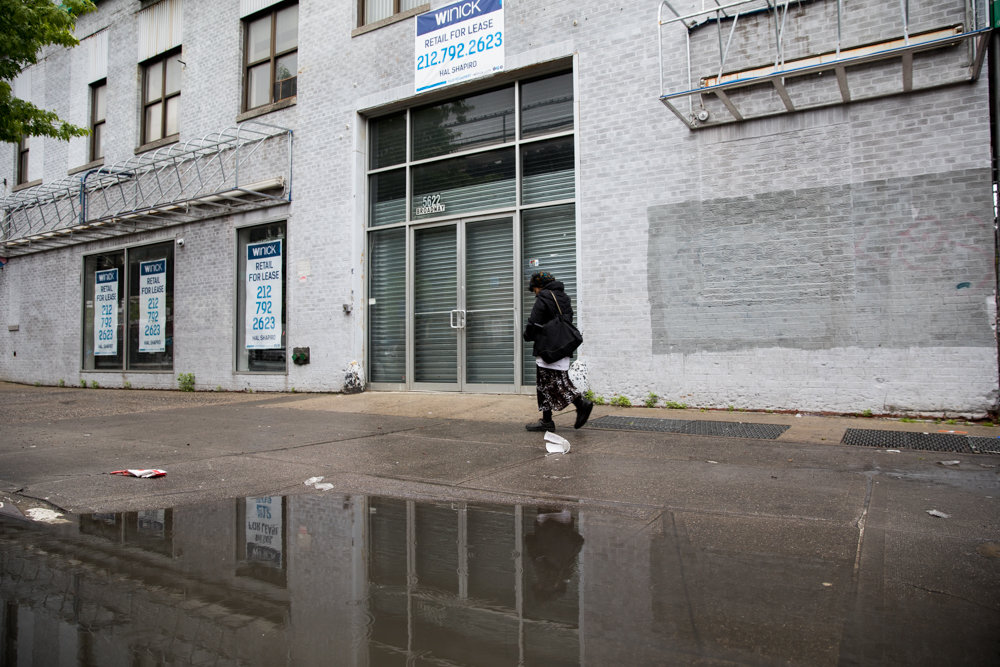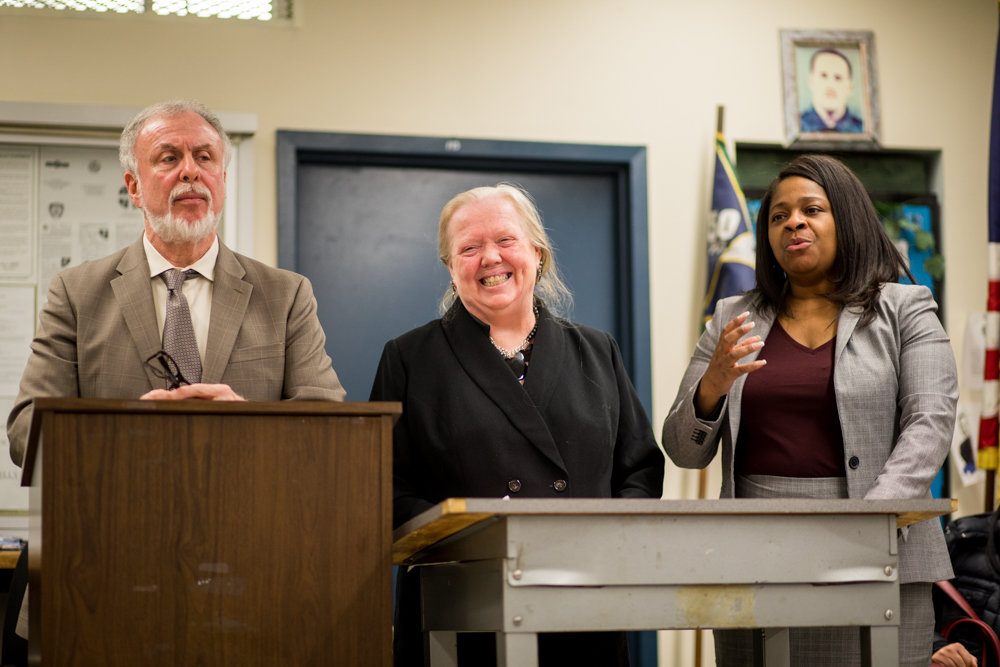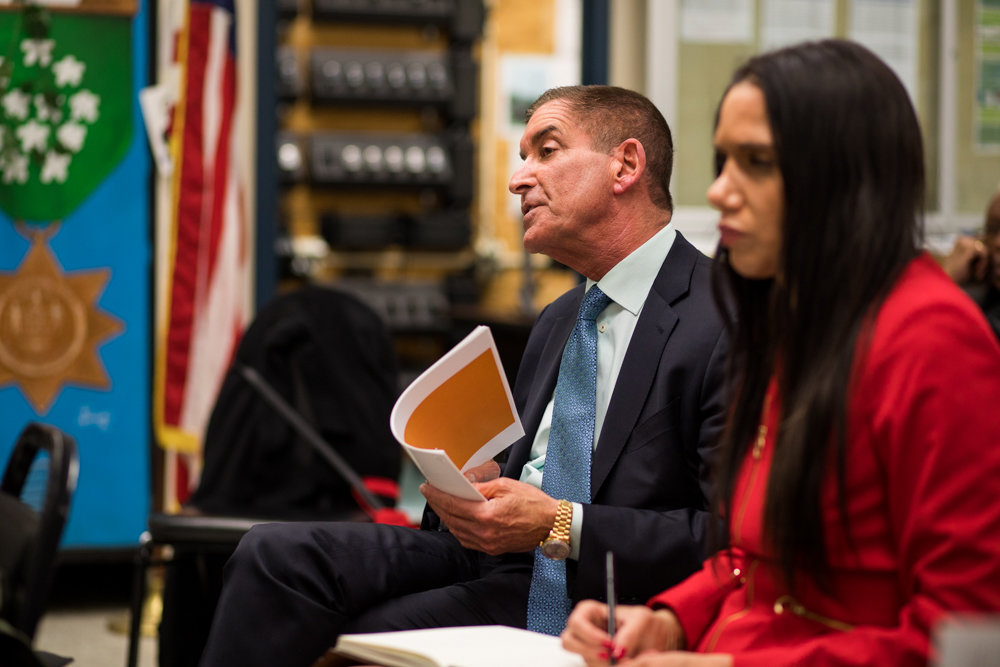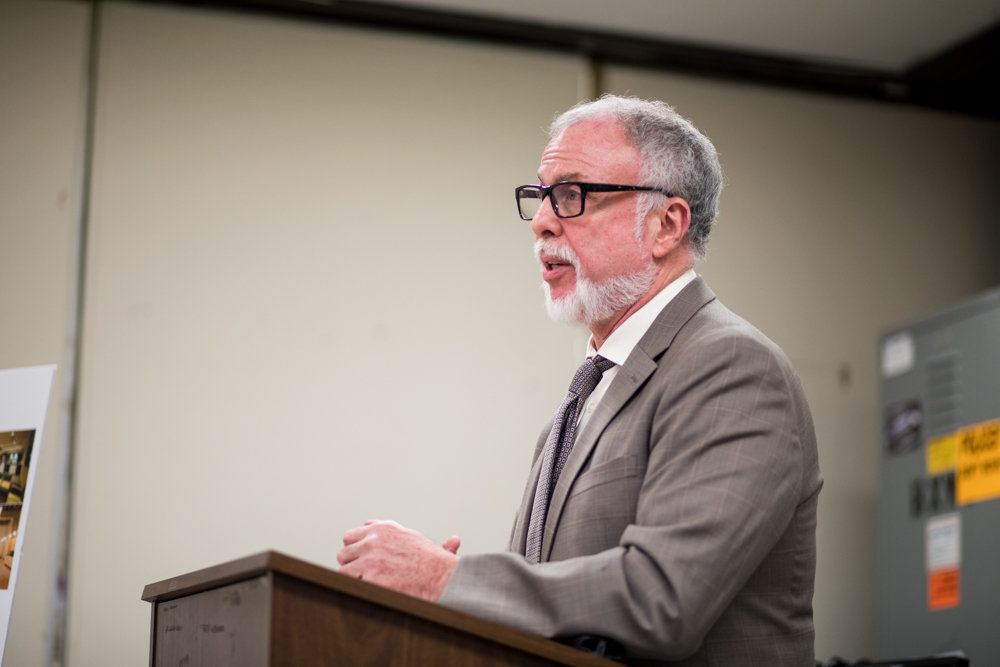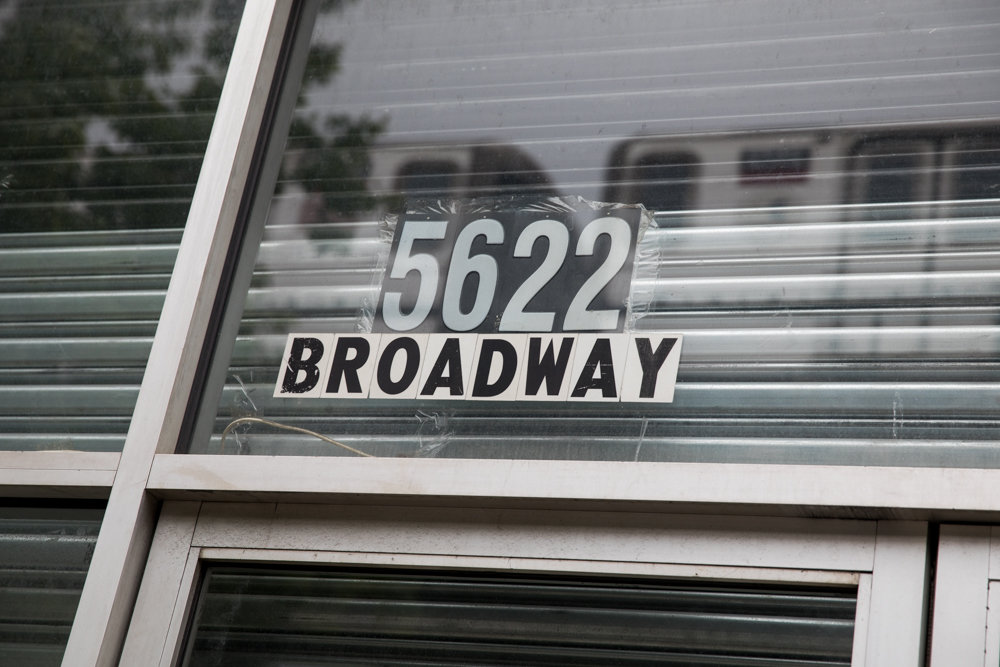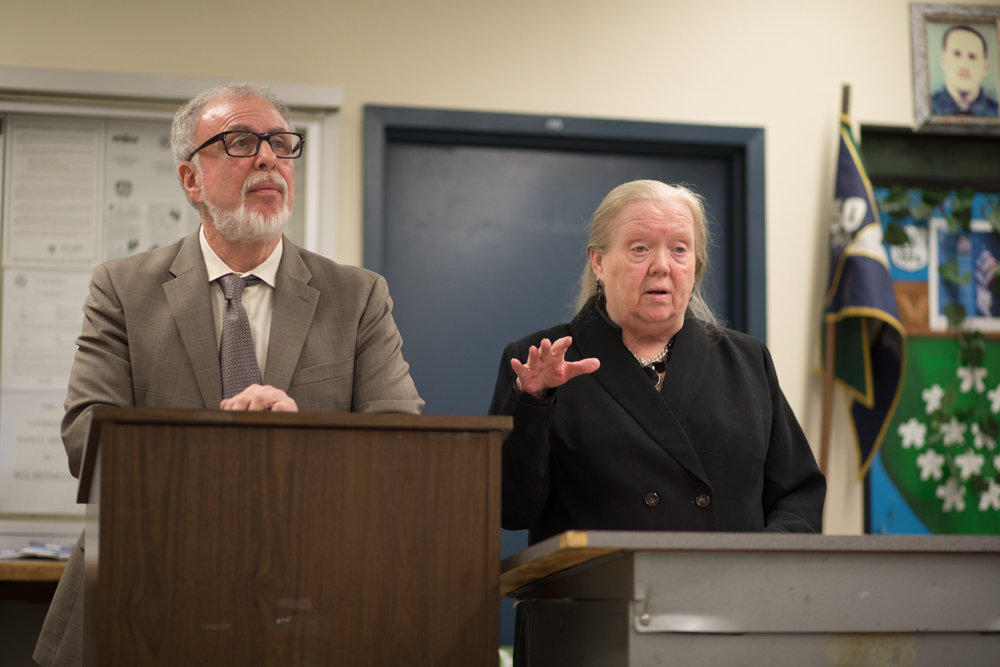Ekawa plans collapse under community scrutiny
Substance abuse treatment center no longer coming
Ekawa Holistic Medicine wanted to bring a substance abuse treatment center to Kingsbridge. The neighborhood could use it, they argued. The Riverdale-Kingsbridge community has a high rate of fatal opioid overdoses, according to the city’s health department.
But community and business leaders weren’t having it. Neither were elected officials. And on Sunday, after months of lobbying Community Board 8, Ekawa threw in the towel on its proposed 5622 Broadway location.
“Ekawa would love to provide hope and a future for the suffering, but it can not work with a community that continues to live in the past and refuses to acknowledge the reality of addiction,” company chief executive Joseph Francis D’Amore wrote in a statement after abandoning plans to file an application with the state’s Office of Alcoholism and Substance Abuse Services.
D’Amore, an allergist who works for Urban Health Plan, was also set to serve as the facility’s medical director. He wrote the community’s resistance to his facility would force addicts to suffer in silence and shame. “Denial is as dangerous to recovery as ignorance.”
Over the last five months, Ekawa enlisted the help of former state Sen. Jeffrey Klein and the powerful Mercury Public Affairs firm he now works for. But the pushback was overwhelming. CB8’s health, hospitals and social services committee chair Omar Murray wrote a letter to OASAS last month outlining his committee’s opposition to the center.
After hearing Ekawa was pulling out, Murray said he’s not surprised since many of his committee’s concerns were never fully addressed.
“When they first came for a meeting, a lot of questions were asked and they weren’t answered,” Murray said.
He was particularly frustrated Ekawa did not have an existing facility to show how its program would work. Ekawa’s only previous attempt at opening a drug clinic was stifled by an unenthusiastic Mount Pleasant town board in Westchester a year ago.
“They had nothing to show us,” Murray said. “The only thing we had to go on was the research we did.”
Troubled path hindered by questionable past
But where Ekawa did have a record, state lawmakers like Sens. Alessandra Biaggi and Gustavo Rivera were worried, declaring their “strong opposition” to the drug clinic in an April 30 letter.
“We genuinely believe that the intentions behind this project are not sincere,” the lawmakers wrote. “The facility will only recreate a model that generates high profits for the stakeholders involved and neglects to help those struggling with addiction.”
They took issue with Ekawa’s private insurance model, arguing it would be prohibitive to a population that relies on Medicaid. Assemblyman Jeffrey Dinowitz and Councilman Andrew Cohen raised the same objection in their own letter, as well as concerns about the impact the clinic would have on the business district and nearby schools.
Biaggi and Rivera, however, linked Ekawa with Narco Freedom, a non-profit network of drug clinics shut down by the federal government in 2015 after a Medicaid fraud investigation.
“Some of the individuals that will be involved with the operation of the proposed facility have ties to Narco Freedom,” Biaggi and Rivera claimed. That included at least three key members of Ekawa’s leadership, according to tax records, although no one associated with Ekawa was charged in that investigation.
Executives from Narco Freedom, however, eventually pled guilty to taking $27 million from Medicaid and more from New York state coffers, among other charges.
D’Amore is described as an independent contractor in Narco Freedom’s tax filings, collecting $130,000 a year between 2007 and 2013. D’Amore also was listed as Narco Freedom’s chairman in a June 2013 letter from the state renewing one of the organization’s South Bronx clinics.
Klein noted there was nothing to hide. Narco Freedom was one of the biggest providers of substance abuse treatment in the city for decades. He also claimed both Biaggi and Rivera failed to reach out to Ekawa executives for further explanation.
Dr. Janet Lerner, who was set to be one of the administrators at Ekawa’s Broadway location, earned more than $100,000 from Narco Freedom annually according to a 2002 tax filing, and was the only one of the Ekawa personnel to include Narco Freedom on resumes provided to CB8. D’Amore’s resume does not mention Narco Freedom, despite collecting at least $900,000 from the nonprofit between 2002 and 2013.
While Ekawa called it quits before CB8 could ask about these various issues, the board felt their overall concerns were vindicated, according to Murray. There were too many questions about Ekawa’s leadership and too few answers, even as the organization tried to address logistical quandaries like parking and security.
“The community has spoken, the elected officials have spoken,” Murray said. “If they felt they were in the right and they were doing things on the up-and-up, I don’t see (why they’re) backing out.”

